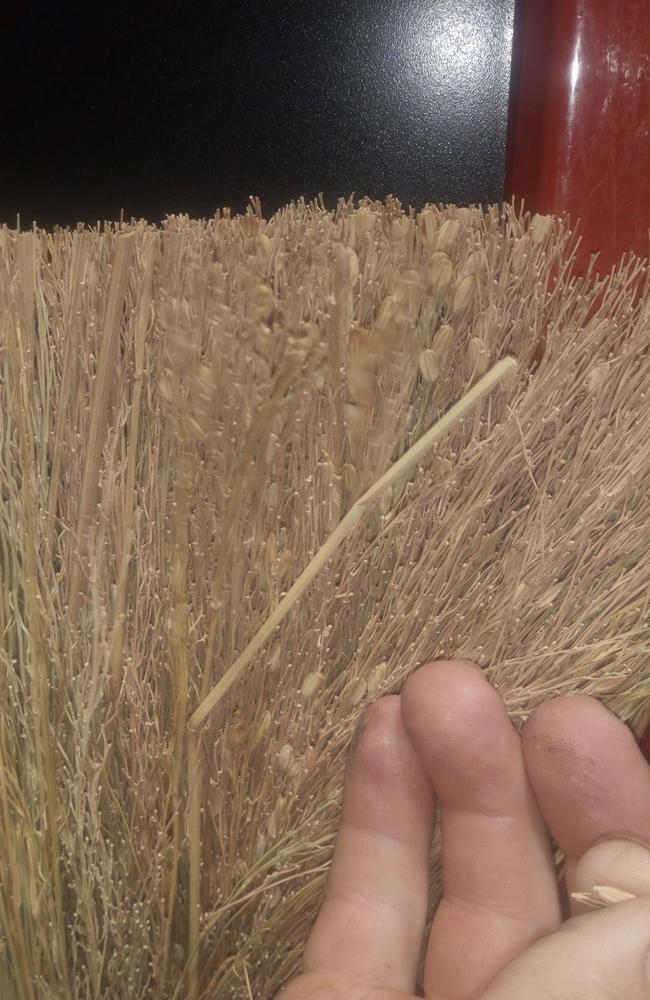Bunnings pulls item off shelves, prompting biosecurity investigation
Bunnings has pulled a popular item from its shelves after an eagle-eyed shopper raised questions about its unusual contents.
A sharp-eyed shopper has spotted a popular product in Bunnings that could potentially be a biosecurity threat to the country, prompting the retail giant to pull the item from its shelves.
While shopping at his local Bunnings, the NSW customer discovered a straw broom imported from China that was “supposedly millet” but appeared to resemble a rice plant.

Sharing his discovery online, the man also alerted Bunnings and the Department of Agriculture, Fisheries and Forestry about a potential “biodiversity threat”.
Since sharing the post, Bunnings confirmed there was no threat to Australia’s biosecurity, as the bristles in the broom were heat treated twice before going on sale.
However, since the discovery was made, Bunnings has removed the broom off its shelves and launched an investigation with authorities about its origins.

“We take our commitment to biosecurity very seriously and work with our suppliers and the Department of Agriculture, Fisheries and Forestry to ensure our products meet all relevant biosecurity and import regulations,” a Bunnings spokesperson said.
“As soon as we became aware of these concerns and out of an abundance of caution, we removed the brooms from sale while we investigate with our two suppliers of millet brooms and the quarantine regulator.
“We strictly follow the biosecurity requirements for all imported products and can confirm the product underwent heat treatments at high temperatures for 24 hours and methyl bromide fumigation to ensure any seed material that may be remaining is unable to germinate.”
A spokesperson for the Department of Agriculture, Fisheries and Forestry said it will continue to “investigate the report about millet brooms containing rice seed being sold at hardware stores in Australia”.
“We are working with the retailer to ensure the goods are secured while the investigation continues. We are in the process of checking whether the brooms have been appropriately treated to mitigate any biosecurity risk, or require additional treatment,” the spokesperson said.
“Contaminant seeds can present a potential pathway for the introduction of plant pathogens. Our import conditions manage these risks through the application of import requirements which require a biosecurity treatment.”



